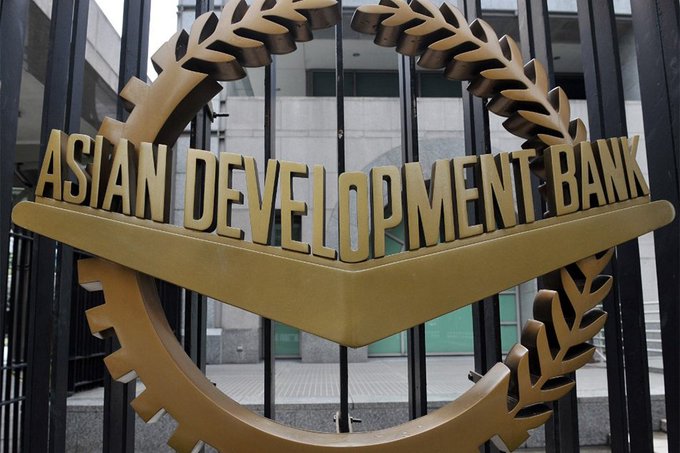The signatories to the Rajasthan Secondary Towns Development Sector Project were Shri Sameer Kumar Khare, Additional Secretary (Fund Bank and ADB), Department of Economic Affairs in the Ministry of Finance who signed for the Government of India, and Mr. Takeo Konishi, Country Director of ADB’s India Resident Mission, who signed for ADB.
Shri Khare said the project aims to provide better quality and more sustainable water supply and sanitation (WSS) services in the project towns that will improve quality of life in these towns, including for the poor and vulnerable after signing the loan agreement.
The investments in WSS with 10- year operation and maintenance contracts will ensure improved and sustainable service delivery in line with the state government’s urban sector development plan.
Mr. Konishi said ADB incorporated practical lessons from the three earlier urban sector projects it has funded in Rajasthan since 2000 and included innovations such as the use of smart technologies and cost-effective systems.
The project will empower urban local bodies, and strengthen their institutional capacity; deepen sector reforms, and build resilience of communities to manage health pandemics.
Through the project, water supply systems in at least eight project towns are expected to improve by 2027, benefiting more than 570,000 people. Citywide sanitation systems will benefit about 720,000 people in at least14 secondary towns.
The project will strengthen the institutional capacity of the local governments and the Rajasthan Urban Drinking Water, Sewerage, and Infrastructure Corporation Limited, a corporate entity established with ADB’s technical support.
Enhanced support to women and vulnerable groups will be provided through skills training, paid internships, and community engagement and awareness activities.
ADB is committed to achieving a prosperous, inclusive, resilient, and sustainable Asia and the Pacific, while sustaining its efforts to eradicate extreme poverty. Established in 1966, it is owned by 68 members—49 from the region.

